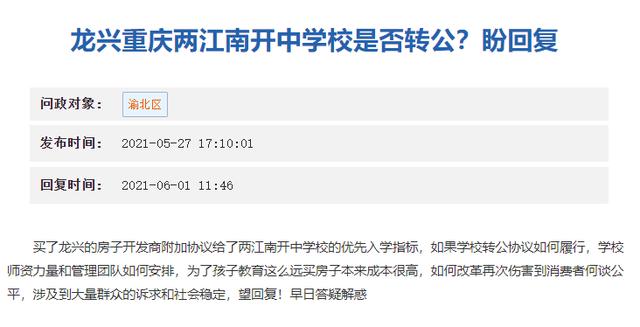翻译长难句,我们首先要学会拆分长难句。怎么拆分呢,我们可以尝试着从找连词开始。既然要找连词,那首先要弄清连词是什么?小小的连词看似简单,实际上对分析长难句帮助很大。比如下面这个句子:I like English, John likes Chinese. (×)这个句子看似通顺,实则存在语病。逗号前后的内容都是主谓结构,是两个独立的句子。在英语中,逗号是不可以直接连接两个句子的。要把这两个句子并列放在一起,中间必须添加一个连词,如and、when等。因此,连词的一个非常重要的功能就是连接词与词,短语与短语以及句子与句子。

连词的分类
并列连词and、or、but、yet、so、as well as、both … and …、not only … but (also) …、either … or …、 neither … nor …等
从属连词that、if、whether、who、whom、whose、what、which、when、where、why、how、whoever、whatever、whenever、wherever、however (作“无论如何,不管怎样”讲时)、while、as、before、 after、until、once、because、since、unless、though、even if、as if等
正因为连词可以连接短句,分割长句,所以我们在遇到长难句时,如果能找到其中的连词,就会发现整个句子不过是由几个连词把若干个简单的小短句连接在一起而构成的。分别读懂每个小短句,再把各个小短句的意思串联起来,我们就能读懂整个长难句的意思了。

接下来,我们首先来找连词吧:
真题例句:
he believes that this very difficulty may have had the compensating advantage of forcing him to think long and intently about every sentence, and thus enabling him to detect errors in reasoning and in his own observations. (2008翻译 46)
句法分析:本句中有从属连词that,引导宾语从句,以及并列连词and,连接两个短语。
参考译文:他认为或许正因为(语言表达上的)这种困难,他不得不对自己要说的每一句话都经过长时间的认真思考,从而能够发现自己在推理和观察中的错误,结果这反而成为他的优点。

最后,我们来做个测试吧。
Furthermore, it is obvious that the strength of a country’s economy is directly bound up with the efficiency of its agriculture and industry, and that this in turn rests upon the efforts of scientists and technologists of all kinds. (2000 翻译)
,




